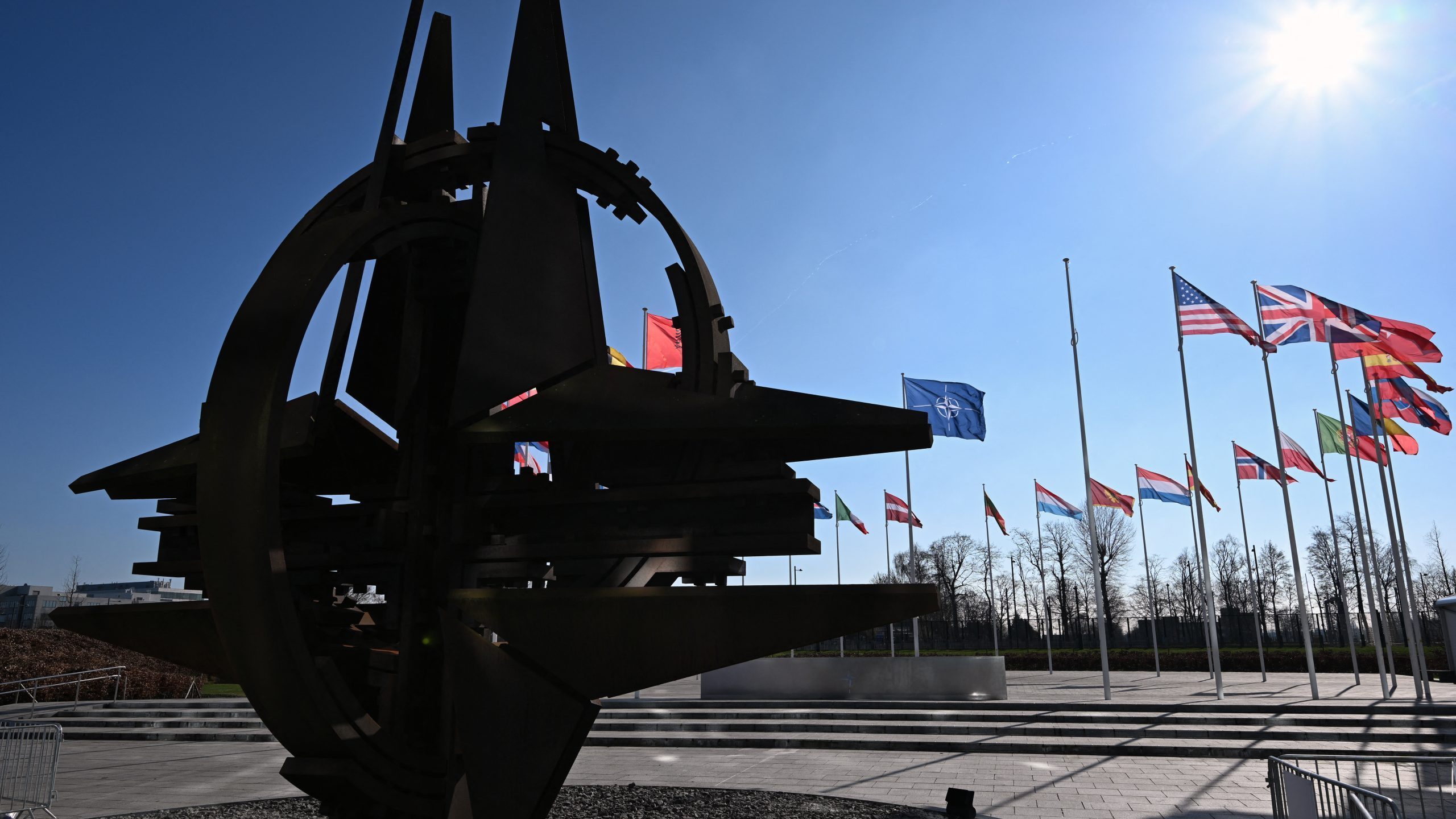Canada and the United States now produce more oil and gas than anywhere else on Earth, including the Middle East, according to a new report by S&P Global.
This blanket of energy security extends beyond borders and is “a powerful card to play” in increasingly unstable times, researchers wrote.
They found that without oil and gas produced in the U.S. and Canada – which has more than doubled since 2008 – North America, Europe and the rest of the world would have been “notably more vulnerable” following Russia’s invasion of Ukraine in 2022.
The ‘massive social impact’ of energy insecurity
Energy insecurity is all too familiar for Lithuanian Juljius Grubliauskas, who works for the North Atlantic Treaty Alliance (NATO).
Growing up, he was on hand when the Soviet Union weaponized energy in an attempt to topple Lithuania’s fledgling independence.
“I remember clearly from my childhood in 1990 when the Russians cut off energy supplies to try to break the resolve of the Lithuanians, [and] that affected the daily lives of every citizen,” Grubliauskas told a recent webinar hosted by the Toronto-based Institute for Peace and Diplomacy.
“Having a lack of energy has a massive social impact and massive cascading effects like prices immediately jumping, massive inflation and such,” he said.
“Today obviously many things have changed and the energy landscape looks much different, but the principle that energy is closely linked to national security and the independence of nations to make their decisions still remains true.”
North America’s role in NATO energy supply
Formed following the second world war, NATO represents 31 nations in Europe and North America in shared collective defense where an attack on one is seen as an attack on all.
NATO is finalizing a strategic plan for its energy future as the world seeks to reduce emissions, focusing primarily on secure access for military forces, Grubliauskas said.
Oil and gas from North America play a critical role, said Brussels-based NATO energy security policy expert Can Ögütcü.
“We need to be sure that we’re going to have security of supply of production in the U.S. and in Canada,” he said.
“We have last one import supplier, the Russians, [and] we are in the transition to perhaps also lose another big supplier, the Middle East Gulf countries, as maritime routes become more and more insecure.”
Critical North American energy integration
While Canadian oil and gas exports currently go almost exclusively to the U.S., once they enter the integrated pipeline system, they can become so-called “re-exports” from U.S. Gulf Coast to overseas markets.
At the end last year, the U.S. imported more oil from Canada than ever before, according to the U.S. Energy Information.
At the same time, America exported a record 11.5 million barrels per day of oil and petroleum products, and a record 709 billion cubic feet of natural gas.
“North American energy integration, things like the Enbridge Line 3 pipeline and the Keystone pipeline are absolutely crucial pieces of infrastructure, not just for the energy security of North America but also increasingly for the energy security of NATO allies,” said Joseph Calnan, energy security analyst with the Canadian Global Affairs Institute.
“The traditional energy system will not disappear in a day. Climate change of course makes it imperative that we do reduce our emissions globally but the role of Canada in the short term and medium term, I believe, is to firm up this traditional energy system.
“While Canada has a major role to play in future energy technologies, the current energy technologies are in my opinion, the priority.”
Canada can do more
Canada has not done enough to improve world energy security, said Heather Exner-Pirot, a senior fellow with the Macdonald-Laurier Institute.
“In the wake of Russia’s invasion, Canada has not stepped up and there is risk on all sides from depending too much on OPEC, or Qatar or Russia, but also too much on the United States,” she said, referencing the U.S. decision to pause approvals of new liquefied natural gas (LNG) export projects.
“We can do much more shipping on the East Coast. There are projects that were in the pipeline that have been rejected by the federal government and by provincial governments that could be going to Europe. Obviously on the West Coast is more promising.”
Major projects slated to start up soon like the Trans Mountain expansion and LNG Canada terminal will grow global access to Canadian oil and gas, primarily in the Indo Pacific region, Calnan noted.
“I think we’ll see that Canada has a much larger role to play in the total global market, which will have a stepwise influence on the situation in Europe,” he said.
The unaltered reproduction of this content is free of charge with attribution to Canadian Energy Centre Ltd.
